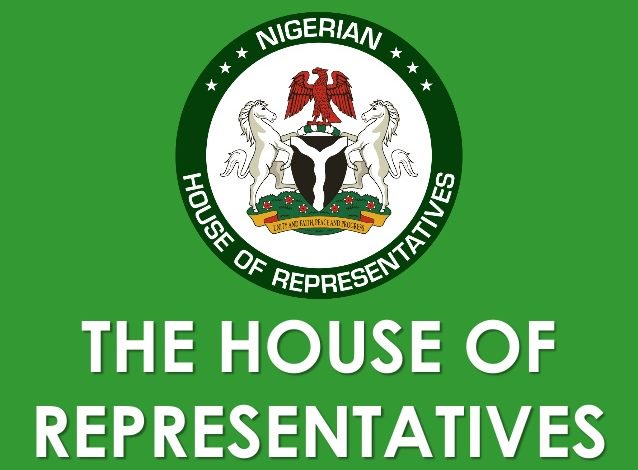Reps move to criminalise secret recruitment by govt agencies
The House of Representatives is considering outlawing secret recruitments by ministries, departments and agencies of the Federal Government.
With this move, any recruitment by any MDA without publishing the vacancy will become illegal and attract a fine.
This is being proposed in the Prohibition of Secret Recruitment in the Federal Civil Service Bill 2020 sponsored by Mr Teejay Yusuf.
The bill, which is awaiting second reading, is titled, ‘A Bill for an Act to Prohibit Secret Recruitment in the Federal Public Service and to Make Elaborate Provisions for Transparency in Recruitment in the Public Service through Publication of Vacancies and for Other Matters Connected Therewith.’
Yusuf, in the explanatory memorandum, said, “The bill seeks to promote integrity and transparency in the recruitment of personnel into the Federal Civil Service by making it an offence for a federal ministry, agency or parastatal to fill existing vacancies in their organisations if such vacancies have not been published.”
The bill read in part, “It shall be the policy of the Federal Government to promote efficiency in the allocation of personnel in the Federal Civil Service, as well as transparency and equal opportunities in the recruitment and hiring of new personnel.
“Accordingly, it shall be an offence for any Federal Government ministry, agency or parastatal to fill a vacancy in their establishment unless the vacancies are well publicised before the commencement of the recruitment exercise.
“The publication referred to in Subsection 2 shall be in two national newspapers.
“Any person who violates the provisions of Section 2 (2) of this Act commits an offence and is liable on conviction to a fine not exceeding One Hundred Thousand Naira (N100,000) or to imprisonment for a term of not more than six months or to both.
“Where a Federal Government ministry, agency or parastatal commits an offence under this Act, the head of such ministry, agency or parastatal shall be guilty of the offence and punishable as prescribed in Subsection 1.”
According to the bill, the State High Courts shall have jurisdiction over matters in the proposed Act, while the Minister of Labour, Employment and Productivity may, with the approval of the president, make regulations for the implementation of the Act.
Several MDAs have been enmeshed in recruitment scandals, some of which have been proved by both chambers of the National Assembly.
The Senate Committee on Federal Character had summoned some federal agencies over alleged secret recruitment.
Among the affected agencies are the Federal Inland Revenue Service; National Drug Law Enforcement Agency, National Space Research and Development Agency, and the National Open University.
Others are the Federal Civil Service Commission, the University of Abuja Teaching Hospital, the Rural Electrification Agency, and the Nigerian Navy.
The House of Representatives, in the 8th National Assembly, had investigated the alleged secret recruitment of 909 employees by the Central Bank of Nigeria.
The controversial recruitment was reportedly carried out by the apex bank on the directive of the Governor, Mr Godwin Emefiele, with a reasonable number of the beneficiaries being children and relatives of highly-placed persons in the country.
Ironically, there was a crisis in the Senate earlier in 2019 over the employment slots allocated to the lawmakers by some federal agencies.
Some aggrieved senators had vowed to resist the sharing method allegedly adopted by the leadership of the Senate to allocate the slots.
The agencies were said to have given the legislators the slots through their leaders. But the slots were allegedly shared among the 10-member body of principal officers.
Thousands of applicants, who were shortlisted by the Nigerian National Petroleum Corporation to fill positions for the experienced cadre, had recently written an open letter to the President, Major General Muhammadu Buhari (retd.), alleging foul play.
The applicants said while those who applied as graduate trainees had already been employed, others who applied for the experienced category had not been contacted by the NNPC since June 2019 when they took exams. (Punch)


